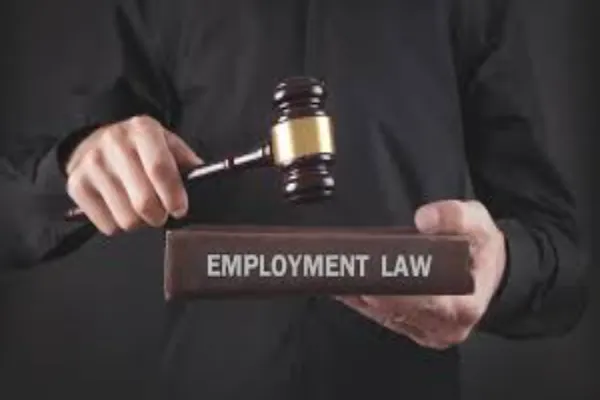Understanding Employee Rights in Your State

Employee rights across the United States may share common principles, but the specific laws and protections can vary widely from one state to another. Whether you’re concerned about sick leave, family medical leave, workplace safety, minimum wage, or job protection during illness or injury, where you live matters. Knowing how your state handles employee rights empowers you to protect your job, your health, and your future.
Below is a clear breakdown of employee rights based on regions across the USA, including examples of states and what employees should know in each one.
Northeast States
The Northeast has some of the strongest employee protections in the country, including generous leave laws and strong anti-discrimination policies.
Key insights in this region:
- New York and New Jersey both require paid sick leave for eligible employees based on hours worked.
- Massachusetts offers Paid Family and Medical Leave, allowing workers to take paid time off to care for their own health or that of a family member.
- Connecticut was among the first states to provide paid family leave and strong protections for pregnant workers.
- Pennsylvania follows federal protections but doesn’t mandate paid sick leave statewide, although some cities enforce their own local sick leave ordinances.
Employees in these states often benefit from additional state-level protections that go beyond federal minimums, especially in family leave and workplace accommodation.
Midwest States
In the Midwest, employee rights vary significantly. Some states offer strong protections, while others rely primarily on federal standards.
Key insights in this region:
- Illinois offers robust anti-discrimination laws and partial paid leave protections. Chicago and Cook County have local sick leave ordinances.
- Michigan provides paid medical leave for most workers, including for mental and physical health conditions.
- Minnesota offers unpaid but job-protected sick leave, with many cities expanding protections to include paid leave.
- Ohio and Wisconsin generally follow federal laws without extra state-level paid leave protections.
If you need guidance on state-specific sick leave, FMLA protections, or job security while recovering from illness, consulting a skilled attorney can help. A dedicated legal professional such as an FMLA lawyer Chicago can explain how laws apply to your situation and ensure your rights are protected.
Southern States
The South is known for having fewer state-level employee protections, which means workers often rely mainly on federal laws such as FMLA (Family and Medical Leave Act), ADA (Americans with Disabilities Act), and FLSA (Fair Labor Standards Act).
Key insights in this region:
- North Carolina and Tennessee don’t mandate paid sick leave, and job protection during illness typically follows federal guidelines.
- Florida and Georgia follow federal leave laws but allow employers to set their own workplace policies.
- Texas has local sick leave protections in some cities, but statewide laws don’t require employers to offer paid sick leave.
Employees in this region should pay close attention to their employment contracts, workplace handbooks, and company-specific policies, as much of their protection depends on internal policies rather than state law.
Western States
The Western region leads the country in employee protection, particularly in sick leave, family leave, and job security during illness.
Key insights in this region:
- California provides extensive protections including paid sick leave, family leave benefits, and strong anti-retaliation policies.
- Washington State offers paid family and medical leave funded through a state system.
- Oregon requires most employers to provide paid sick time for employees.
- Colorado also mandates paid sick leave, including for public health emergencies such as viral outbreaks.
- Nevada requires paid sick leave for many private employers.
These states not only protect employees from wrongful termination during illness, but also support workers with paid time off to recover or care for loved ones.
Mountain and Southwest States
Protections in these states are mixed, with some offering strong sick leave laws and others relying mostly on federal policy.
Key insights in this region:
- Arizona and Colorado require employers to offer paid sick leave based on hours worked.
- New Mexico has employment protections for illness and disability, including job-protected leave.
- Utah and Idaho generally don’t mandate paid sick leave but prohibit retaliation for medical accommodations in certain cases.
Employees in this region should take time to understand whether their protections come from state law, local law, or employer policies.




